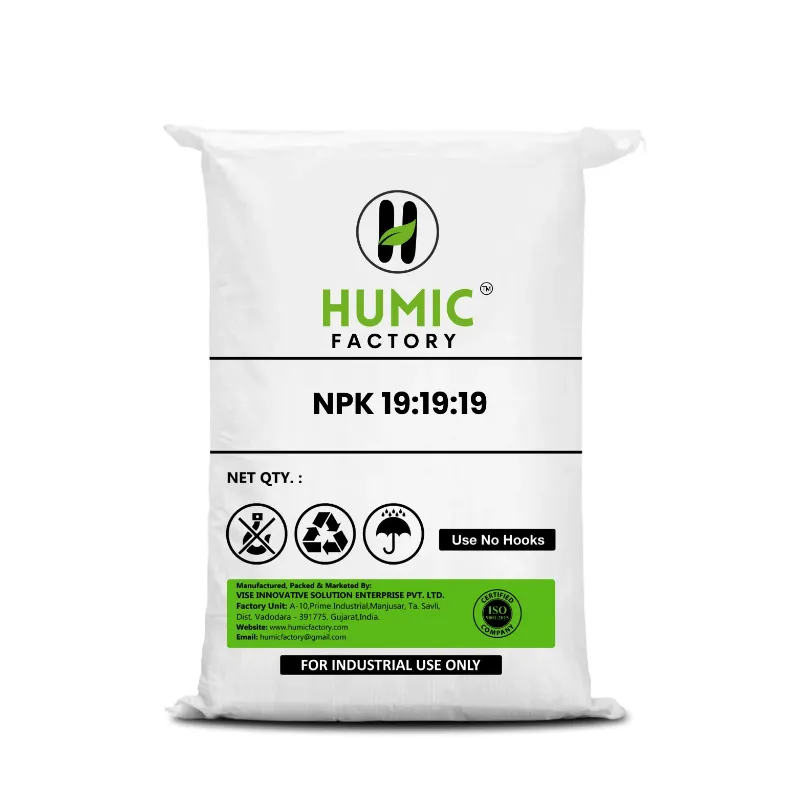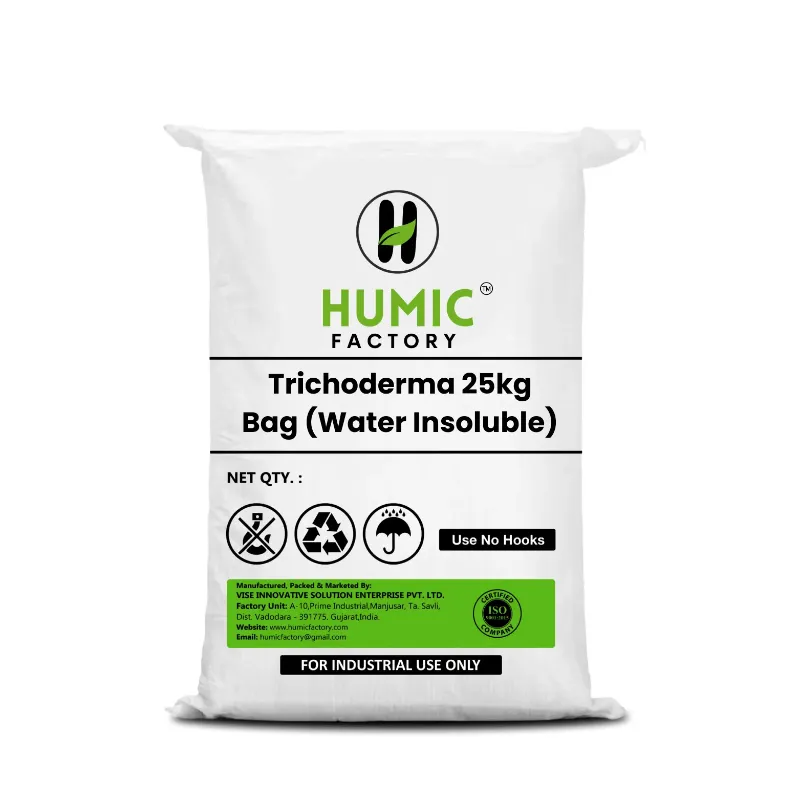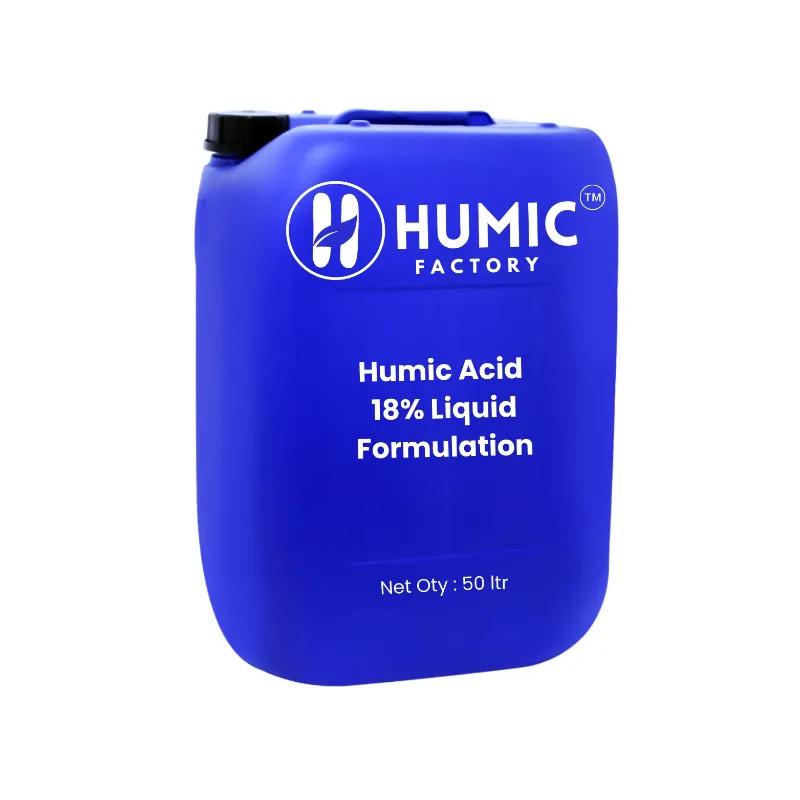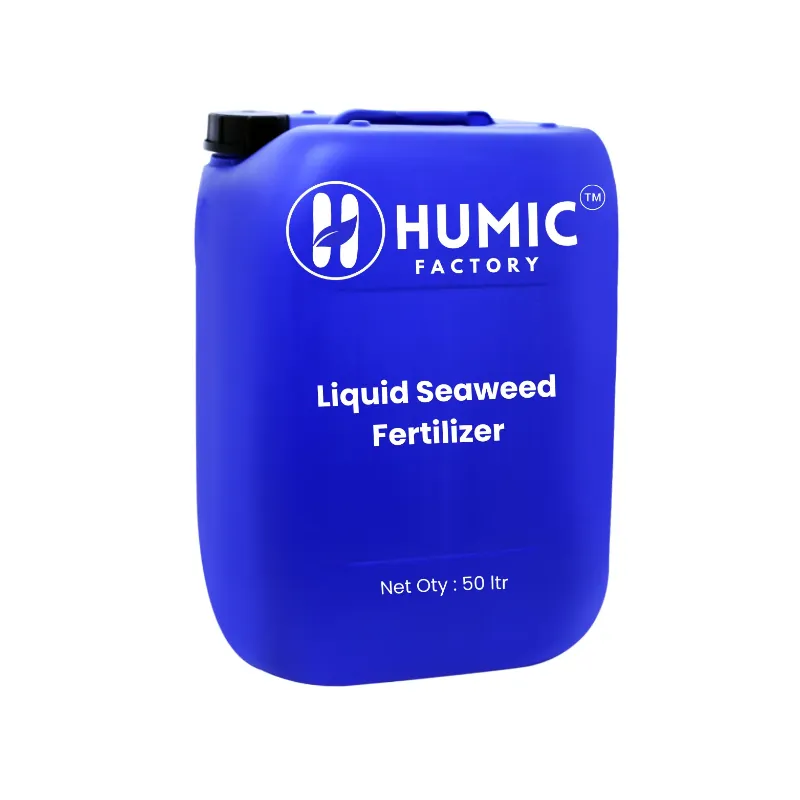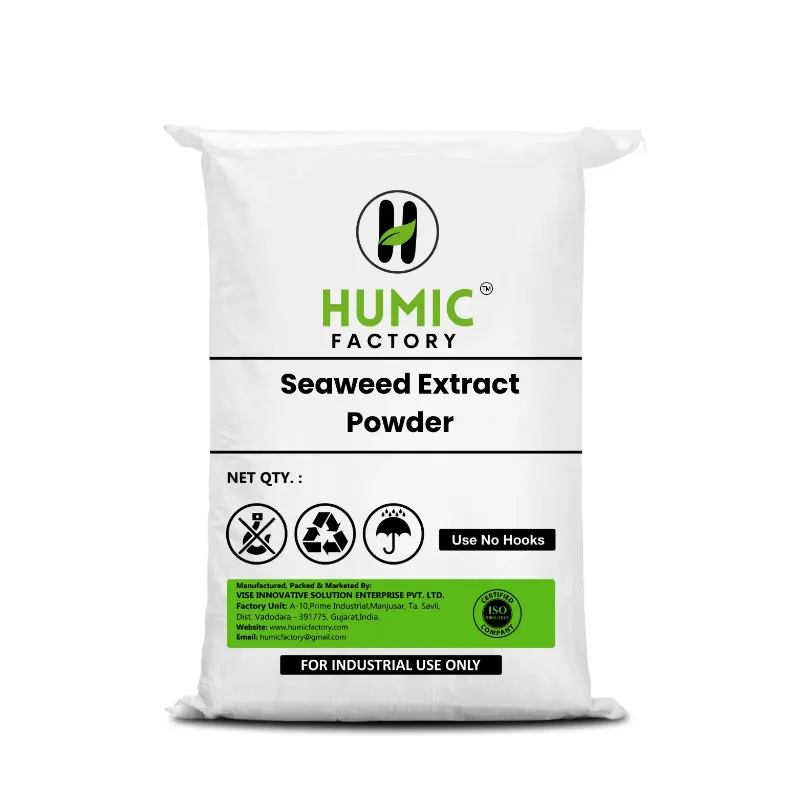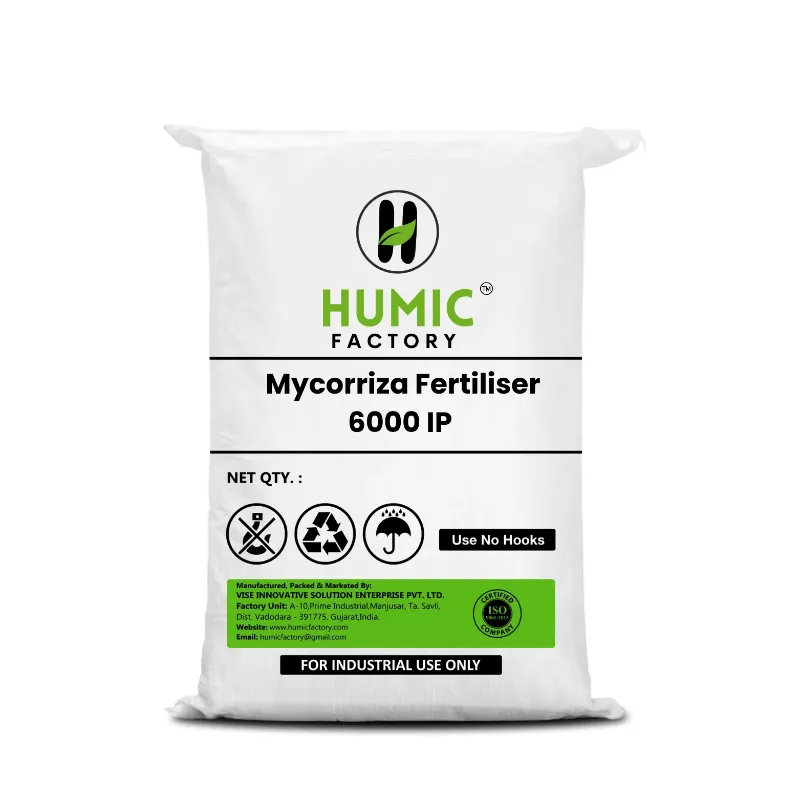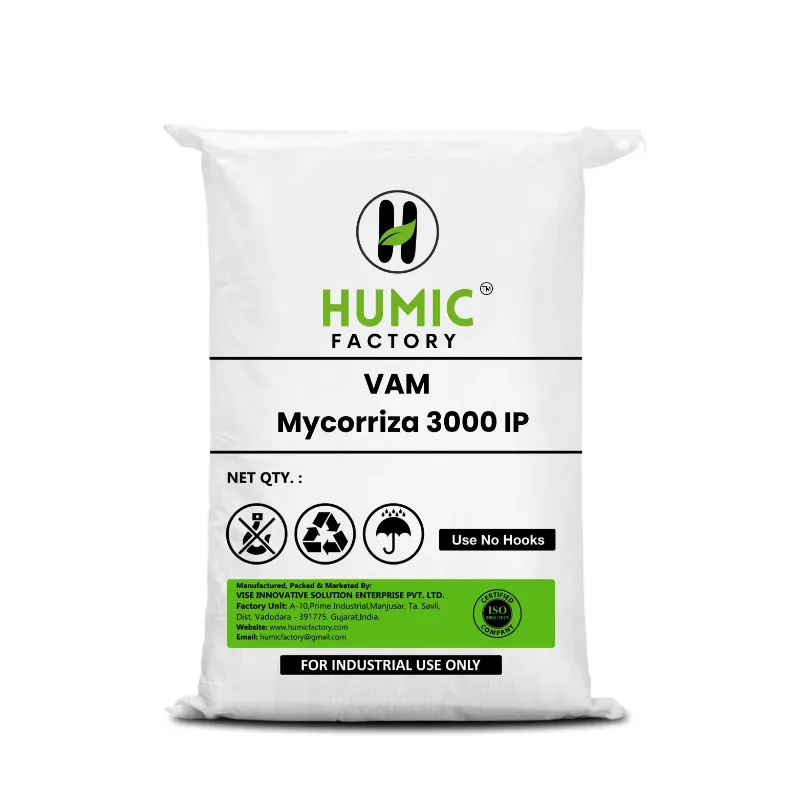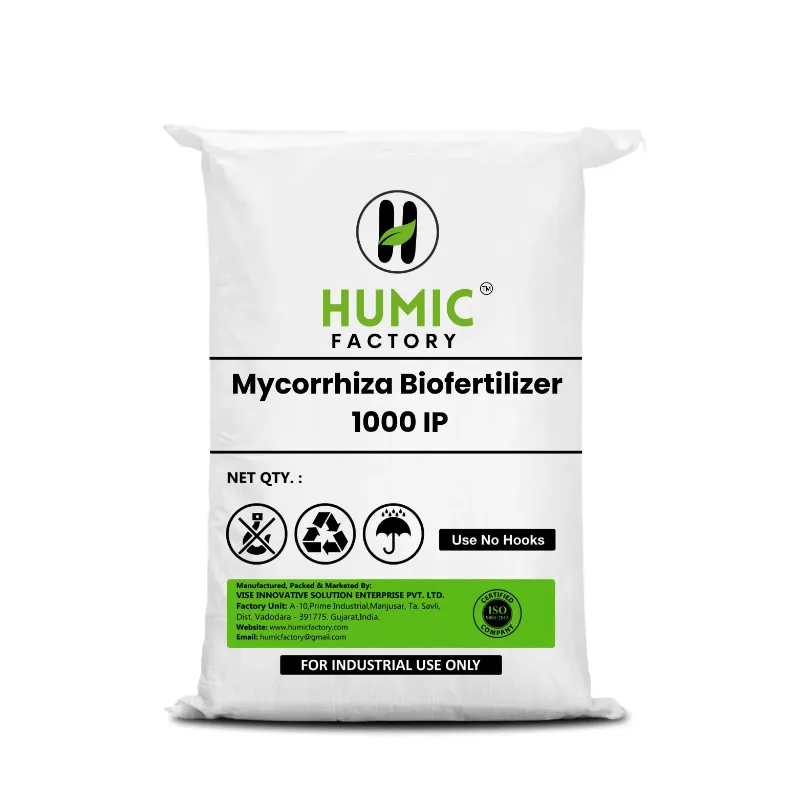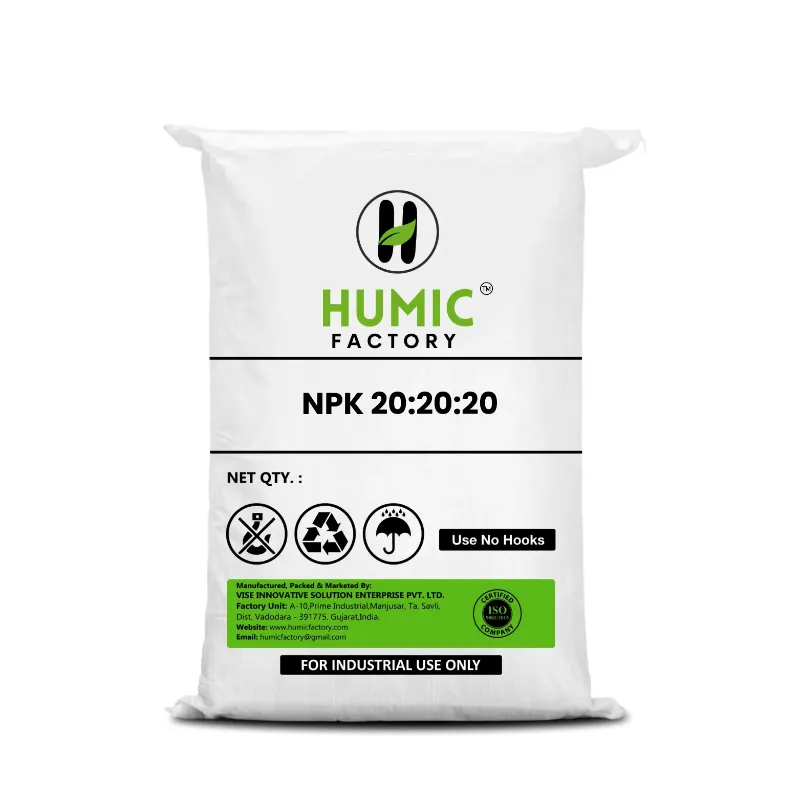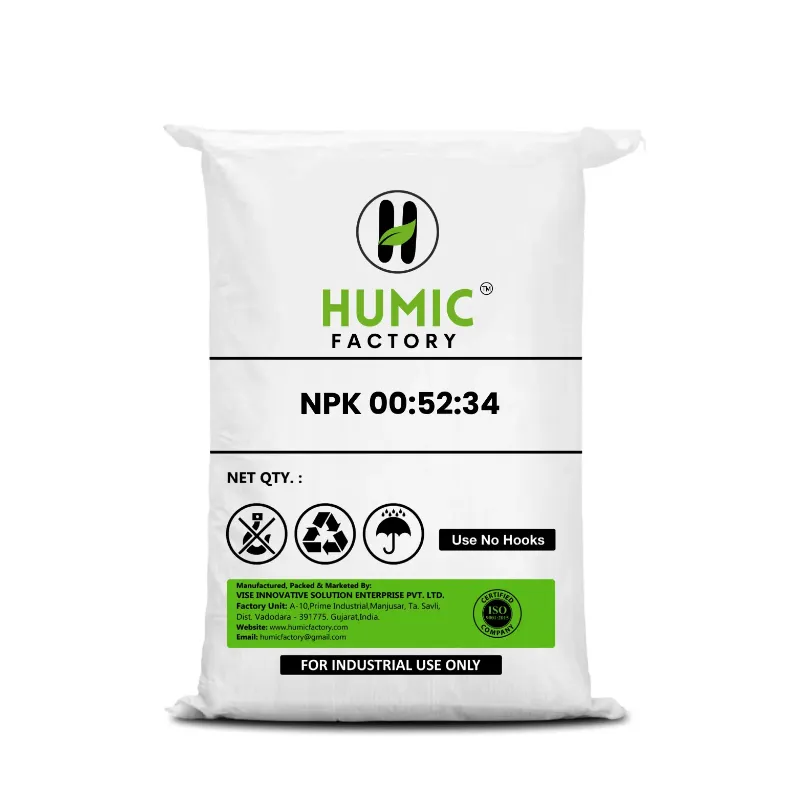The global agricultural landscape is undergoing a significant transformation as more farmers and consumers recognize the value of organic farming. Beyond the obvious environmental and health advantages, organic farming practices offer numerous economic benefits that are increasingly compelling to farmers worldwide. For Indian farmers, who often face challenges related to soil degradation, rising input costs, and market volatility, transitioning to organic farming presents a viable pathway to not only sustainable agriculture but also improved economic stability and profitability. In this blog, we will explore the economic benefits of switching to organic farming practices and discuss how Humic Factory’s products can play a crucial role in this transition.
Reduced Input Costs
One of the most immediate economic benefits of organic farming is the reduction in input costs. Conventional farming relies heavily on synthetic fertilizers, pesticides, and herbicides, which can be expensive and subject to price fluctuations. These inputs also contribute to long-term soil degradation, necessitating even more inputs to maintain yields, further driving up costs.
In contrast, organic farming emphasizes the use of natural fertilizers, compost, and organic pest management techniques, which are often less expensive and can be produced on the farm itself. By eliminating or significantly reducing the need for costly synthetic inputs, farmers can lower their production costs and improve their profit margins.
Humic Factory’s range of organic fertilizers and soil amendments, such as the Humic Acid Granules and Bio-Enzyme Fertilizer, are designed to enhance soil fertility and plant health naturally. These products not only reduce the need for synthetic inputs but also improve soil structure and nutrient availability, leading to healthier crops and higher yields at a lower cost.
Premium Pricing for Organic Products
Another significant economic advantage of organic farming is the ability to command premium prices for organic products. As consumer awareness of the health and environmental benefits of organic foods grows, demand for organic products has surged, both in domestic and international markets. This increased demand allows organic farmers to sell their products at higher prices compared to conventionally grown produce.
In India, where the organic food market is expanding rapidly, farmers who switch to organic farming can tap into this growing market and benefit from higher income. Additionally, organic certification, while requiring an initial investment, can lead to substantial long-term returns through access to premium markets.
Humic Factory’s commitment to supporting organic farming practices aligns with the growing consumer demand for organic products. By using Humic Factory’s organic fertilizers and soil enhancers, farmers can produce high-quality, certified organic crops that meet market demand and attract higher prices.
Enhanced Soil Health and Long-Term Productivity
Organic farming practices prioritize soil health, which is critical for long-term agricultural productivity. Healthy soil rich in organic matter and beneficial microorganisms supports robust plant growth, improves water retention, and reduces the need for chemical inputs. Over time, this leads to more stable and sustainable yields, providing farmers with a reliable source of income.
In contrast, conventional farming methods often lead to soil degradation, requiring increasing amounts of fertilizers and pesticides to maintain productivity. This not only raises costs but also makes farmers more vulnerable to the risks associated with fluctuating input prices and declining soil fertility.
By incorporating Humic Factory’s NPK 00:00:50 Water Soluble Fertilizer and Humic Acid Powder into their farming practices, farmers can enhance soil health and boost long-term productivity. These products improve soil structure, increase nutrient availability, and promote the growth of beneficial microorganisms, ensuring that the soil remains fertile and productive for generations to come.
Diversification and Risk Reduction
Organic farming often encourages diversification, as it involves crop rotation, intercropping, and the integration of livestock. This diversification not only improves soil health but also reduces the risks associated with monoculture, such as pest infestations and market fluctuations. By growing a variety of crops and raising livestock, organic farmers can create multiple income streams, reducing their dependency on a single crop and mitigating financial risks.
For Indian farmers, who frequently face challenges such as unpredictable weather patterns, market volatility, and pest outbreaks, diversification through organic farming can provide greater economic stability. It allows farmers to adapt to changing conditions and take advantage of different market opportunities.
Humic Factory’s range of bio-stimulants and organic fertilizers is designed to support diverse farming systems. Whether growing vegetables, fruits, cereals, or pulses, farmers can rely on Humic Factory’s products to enhance crop resilience, improve yields, and maintain soil fertility across a variety of crops, ensuring a steady income throughout the year.
Government Support and Subsidies
Governments around the world, including India, are increasingly recognizing the benefits of organic farming and are offering support and subsidies to encourage farmers to make the switch. These incentives can help offset the initial costs of transitioning to organic farming, such as obtaining certification, purchasing organic seeds, and investing in new farming equipment.
In India, various government schemes provide financial assistance for organic farming practices, including subsidies for organic inputs, support for organic certification, and funding for infrastructure development. Farmers who take advantage of these programs can reduce their costs and increase their profitability over time.
Humic Factory’s products are designed to meet the standards of organic farming, making them eligible for use under these government schemes. By choosing Humic Factory’s organic inputs, farmers can benefit from government support while improving the sustainability and profitability of their farming operations.
Improved Market Access and Export Opportunities
As global demand for organic products continues to rise, organic farmers have the opportunity to access new markets, both domestically and internationally. Export markets, in particular, offer significant opportunities for Indian organic farmers, as many countries have a strong demand for organic produce that meets their strict quality standards.
Organic certification not only allows farmers to sell their products at premium prices but also opens the door to export opportunities, providing access to a larger customer base and potentially higher profits. This is particularly important for farmers in India, where domestic markets can be saturated, and export opportunities offer a valuable alternative.
Humic Factory’s products are designed to help farmers meet the rigorous standards required for organic certification and export. By using these high-quality organic inputs, farmers can produce crops that meet international quality standards, enabling them to tap into lucrative export markets and increase their income.
Long-Term Sustainability and Economic Resilience
Perhaps the most important economic benefit of organic farming is its contribution to long-term sustainability and economic resilience. Organic farming practices are designed to be environmentally sustainable, ensuring that farming systems remain productive and profitable over the long term. By maintaining soil health, reducing dependency on synthetic inputs, and promoting biodiversity, organic farming creates a more resilient agricultural system that can withstand environmental and economic challenges.
For Indian farmers, who are often vulnerable to the effects of climate change, market volatility, and fluctuating input costs, organic farming offers a sustainable path forward. By adopting organic practices, farmers can build a more resilient farming system that provides stable income and food security for their families and communities.
Humic Factory’s commitment to promoting sustainable agriculture is reflected in its range of products that support organic farming practices. From soil amendments that improve fertility to bio-stimulants that enhance crop resilience, Humic Factory provides the tools farmers need to build a sustainable and economically resilient farming system.
Conclusion
Switching to organic farming practices offers a wide range of economic benefits for Indian farmers. From reducing input costs and accessing premium markets to enhancing soil health and improving long-term productivity, organic farming provides a viable pathway to greater profitability and economic stability. With the growing demand for organic products, both in India and globally, farmers who make the transition to organic farming can take advantage of new market opportunities, government support, and sustainable farming practices that ensure the long-term viability of their agricultural operations.
Humic Factory’s products are designed to support farmers in this transition, providing high-quality organic inputs that improve soil fertility, enhance crop resilience, and meet the standards of organic certification. By choosing Humic Factory’s products, farmers can not only reduce their dependency on synthetic inputs but also build a more sustainable and profitable farming system that benefits both their livelihoods and the environment. As the world moves towards more sustainable agricultural practices, the economic benefits of organic farming are becoming increasingly clear, making it an attractive option for farmers looking to secure a prosperous and sustainable future.



